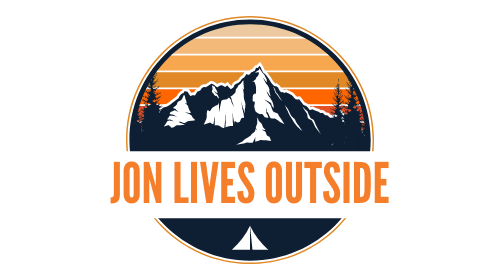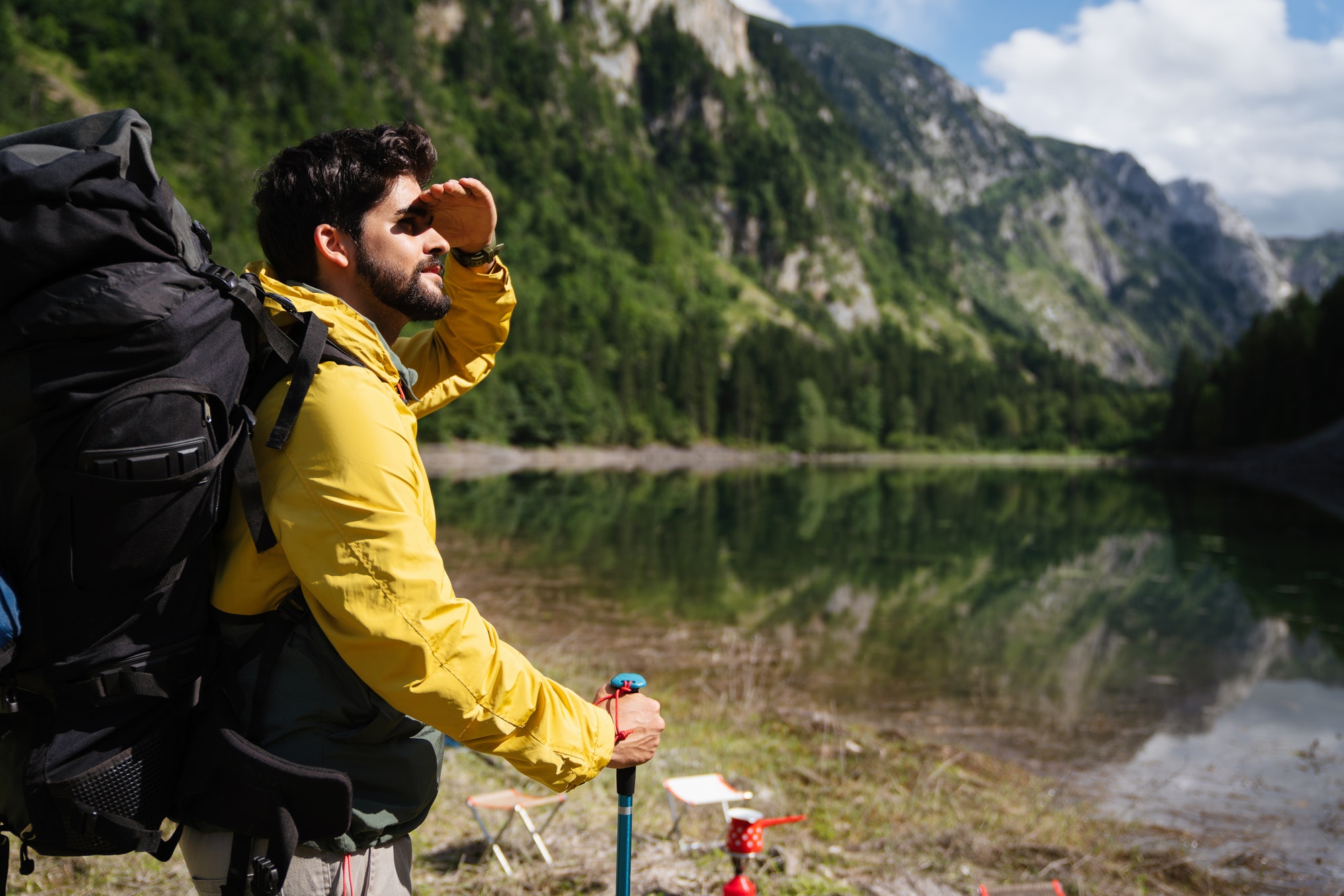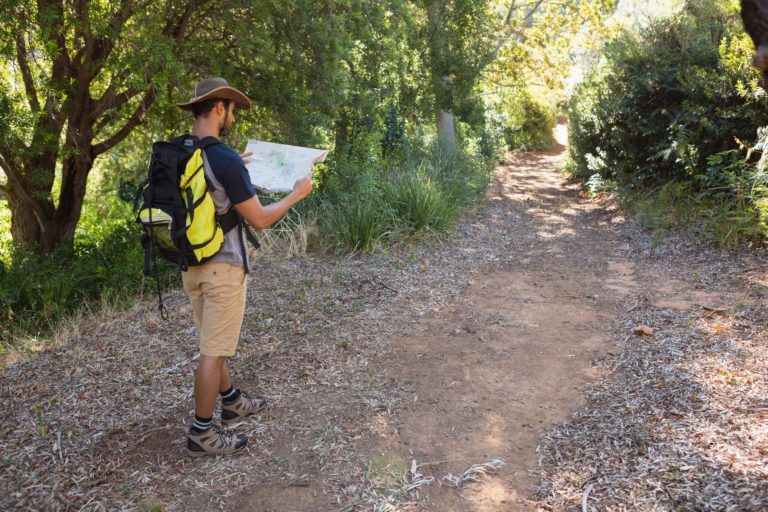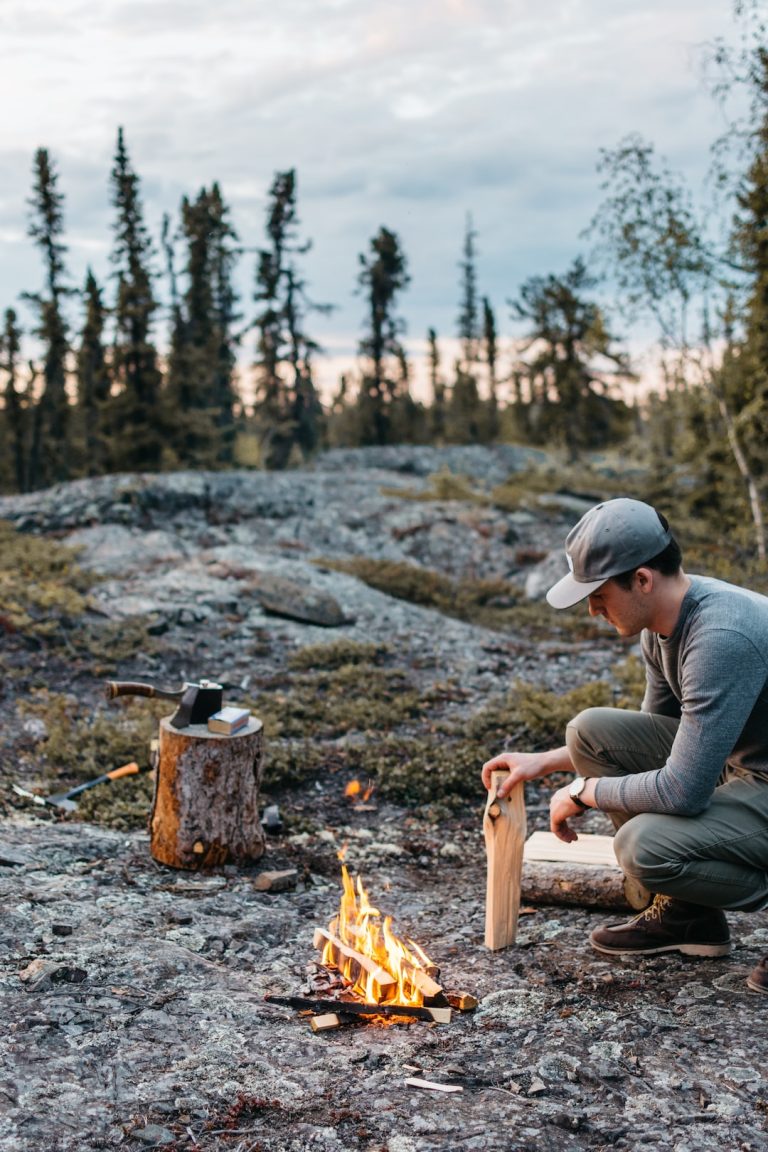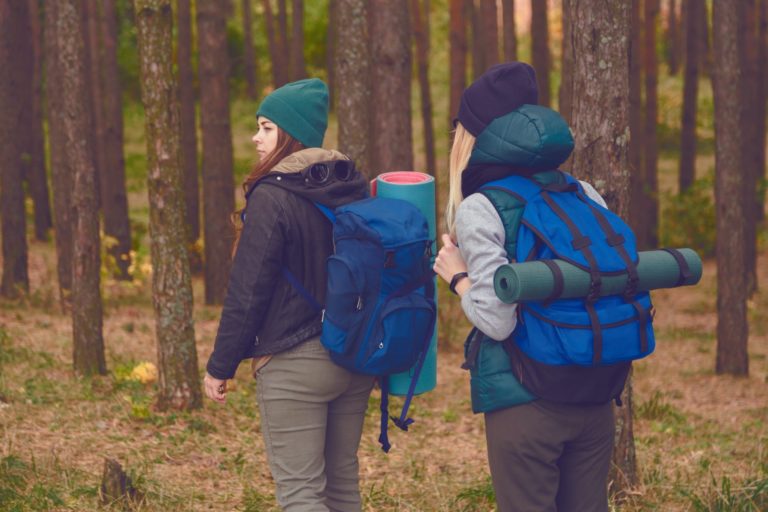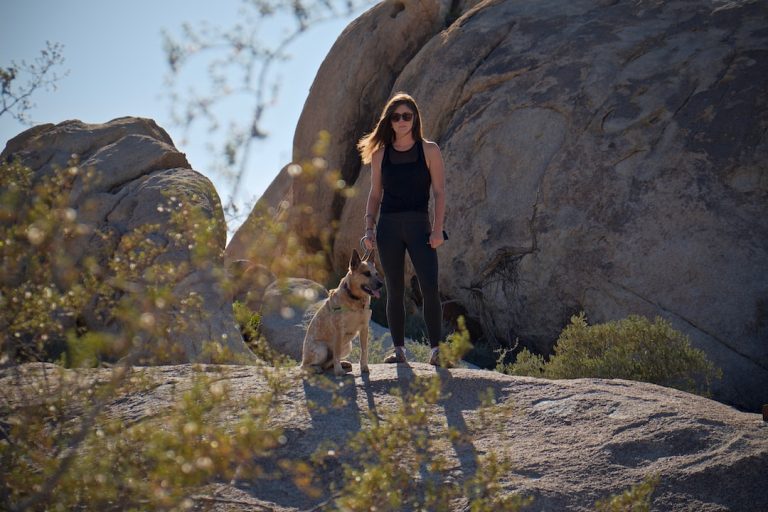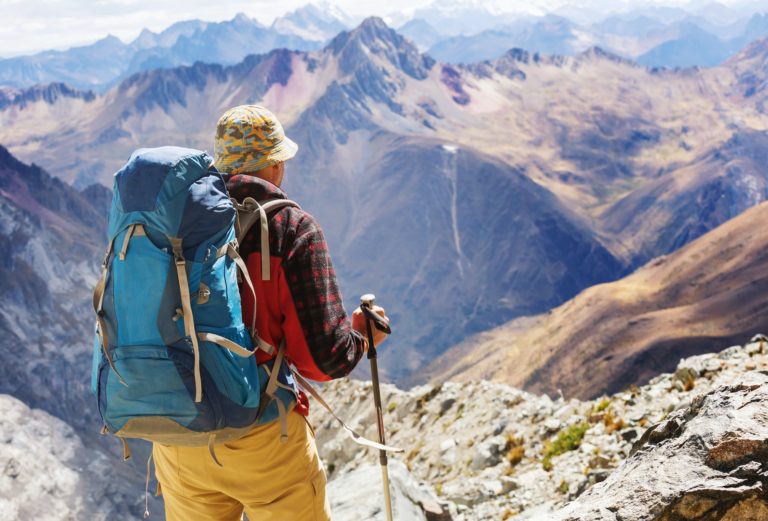A Guide to Hiking Etiquette
Occasionally, people who live in the city seem to forget that they came to a wilderness area to hike and to enjoy the peace and quiet and the great scenery. To ensure that everybody enjoys themselves, hikers generally adopt a few simple guidelines.
‘Pack it in, pack it out’ is a long-standing rule among fair-minded hikers. In order to leave the area much as you found it, for the sake of others and your own future enjoyment, you should not leave what you brought. That includes water bottles, trash and other items.
Even toilet paper can take months to deteriorate. If you use it and can’t dispose of it in a container, it should be buried. To pack it out, a simple plastic bag will contain odours until it can be disposed of in a container.
On that subject, if you have to urinate in a wilderness area (as opposed to supplied facilities), do so at least 100 meters away from water sources and trails where others walk. Faeces should be eliminated into a small hole well off the trail and covered with dirt.
We can only preserve the beauty of our natural wilderness if we exercise care when we’re passing through it or stopping to camp for the night.
Apart from the sheer devastation that carelessness can cause, as witnessed by the hundreds of fires set accidentally every year, there seems little point in spoiling the very very beauty that hikers set out to enjoy.
Part of the deep pleasure of hiking is enjoying the peace and quiet. There are plenty of exciting things to do in the city that involve making loud noises. Hiking trails are not made for that purpose. Respect others and keep your voice down and ride motorcycles elsewhere. Happily, with the advent of iPods, loud music is much less frequently a problem these days.
Make an effort to find out what the local regulations about camping and fires are. It’s preferable not to start a wood-based or open fire, in any case. They can easily spark and spread, even by accident. Once they do, they’re extremely hard to stop before becoming a major problem.
While it might seem nice to take a little music along with you, if you do, then take an earpiece along as well.
Better still, take the time to stop and enjoy the sounds of nature – perhaps the most relaxing music in the world.
If you plan to camp, set up in an open area and use a Coleman or other similar stove to cook food. When you’ve finished your stay, don’t leave behind anything that won’t decay within a day.
You should take similar efforts when you fish or do other activities that often accompany hiking. These activities can be enjoyed by large numbers of people almost indefinitely if a little moderation and common sense are applied.
Avoid wildlife to the extent they avoid you. Some even more – bears or mountain lions, for instance. Animals are particularly wary during mating seasons and when rearing young. Otherwise docile creatures can become fiercely protective and aggressive when pressed. Some may have diseases that can be spread to humans. Watching is enough. If you want to touch, go to a petting zoo.
Bears, mountain lions, skunks and others should simply be avoided. Bears are not always the gentle creatures that some nature documentaries depict. They normally avoid humans, but have been known to kill and eat them. Large cats, too, will eat small humans. Though normally shy, they are predators. Don’t be prey.
If you exercise a little common sense and common courtesy then everyone can enjoy a great hike.
